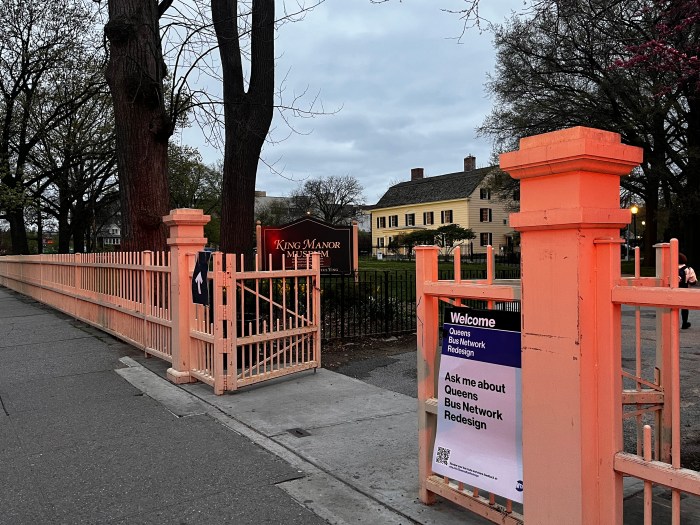By Madina Toure
A bill that seeks to protect mute swans from a state Department of Environmental Conservation plan to eradicate the population in the state passed the state Senate last week. An earlier version of the bill was vetoed last year by Gov. Andrew Cuomo.
The bill, introduced by state Sen. Tony Avella (D-Bayside), would impose a two-year moratorium on the DEC plan.
Since the DEC announced the plan in 2013, on the grounds that the species is “invasive,” both animal rights activists and numerous lawmakers have voiced their opposition.
Avella called on the DEC to consider a non-lethal method for controlling the mute swan population, which is currently about 2,200 birds throughout the state, including the Rockaways.
During the mandatory two-year moratorium, the bill would require the DEC to publish scientific evidence demonstrating that mute swans are invasive and harmful to the surrounding environment.
Last year, the bill passed both the Senate and the state Assembly before being vetoed by Cuomo, who did so on the condition that the DEC revise its plan.
Although the DEC presented a revised plan, Avella said the plan is not sufficient given that it still involves the killing of mute swans, separates upstate from downstate and relies on “old, antiquated science.”
“It’s much of the same,” Avella said. “It makes some minor modifications, but it’s still based on inaccurate data.”
In March 2014, the DEC released a revised mute swan management plan with significant changes after considering public comments received on a first draft released in January 2014.
“This revised plan remains committed to minimizing the impact of mute swans on wildlife dependent on wetlands for their habitats, while being sensitive to public concerns about how and where that is accomplished,” DEC Commissioner Joe Martens said at the time.
During the review process, the DEC met with statewide stakeholder groups such as the American Society for the Prevention of Cruelty to Animals, Cornell Laboratory of Ornithology, Ducks Unlimited and the New York State Fish and Wildlife Management Board.
Highlights include a revised goal focused on minimizing swan impacts as opposed to eliminating free-flying swans and a commitment to considering non-lethal methods, such as egg-oiling and placement of swans in possession of persons licensed by DEC except for health or safety reasons.
The new plan also includes a new strategy to allow municipalities to keep swans at local parks and other settings
The 45-day public comment period on the plan went from March 9 to April 24, and comments are being considered by the DEC, according to Lori Severino, a DEC spokeswoman.
Reach reporter Madina Toure by e-mail at mtour































